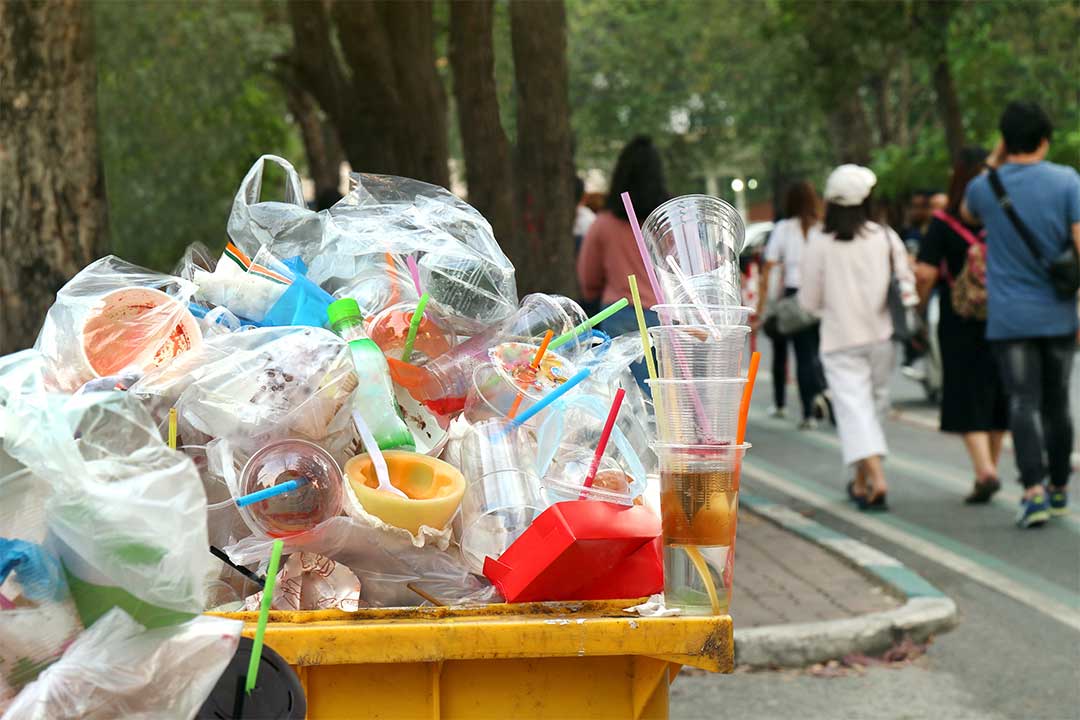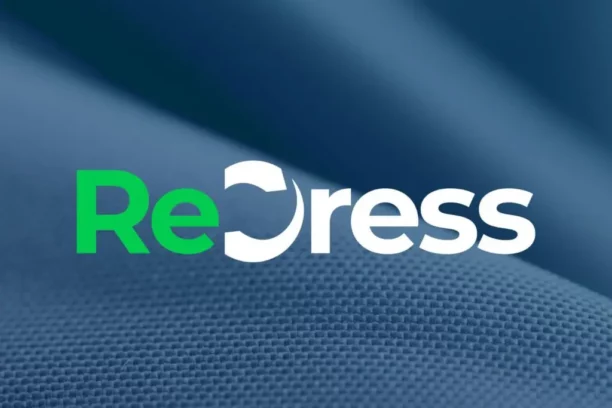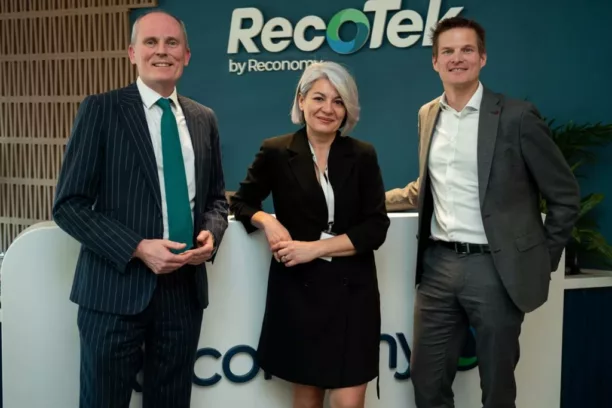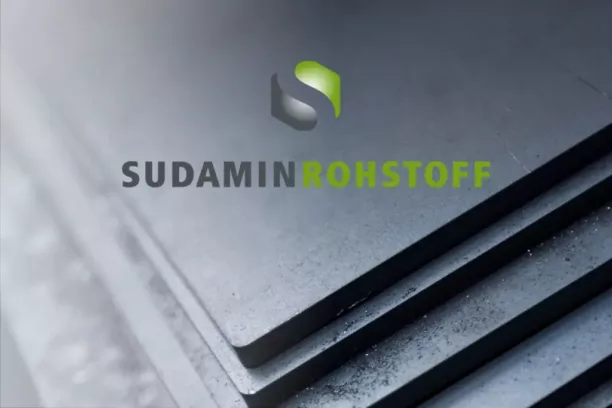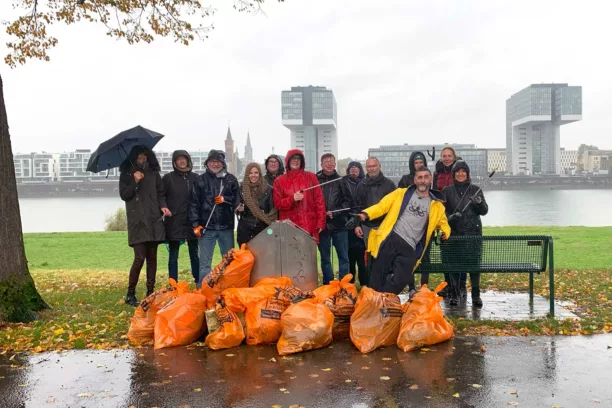Plastic tax: background, obligations, examples
Plastic tax – a classification
In today’s society, the use of plastic is a hotly debated topic, especially when it comes to environmental protection. Plastics, especially single-use plastics, are a major burden on our environment. In response, both the European Union and individual member states have taken measures to reduce plastic consumption and promote recycling. The terms “plastic levy” and “plastic tax” are central in this context. But what exactly do they mean and what are the effects of these measures?
What are the differences between a plastic levy and a plastic tax?
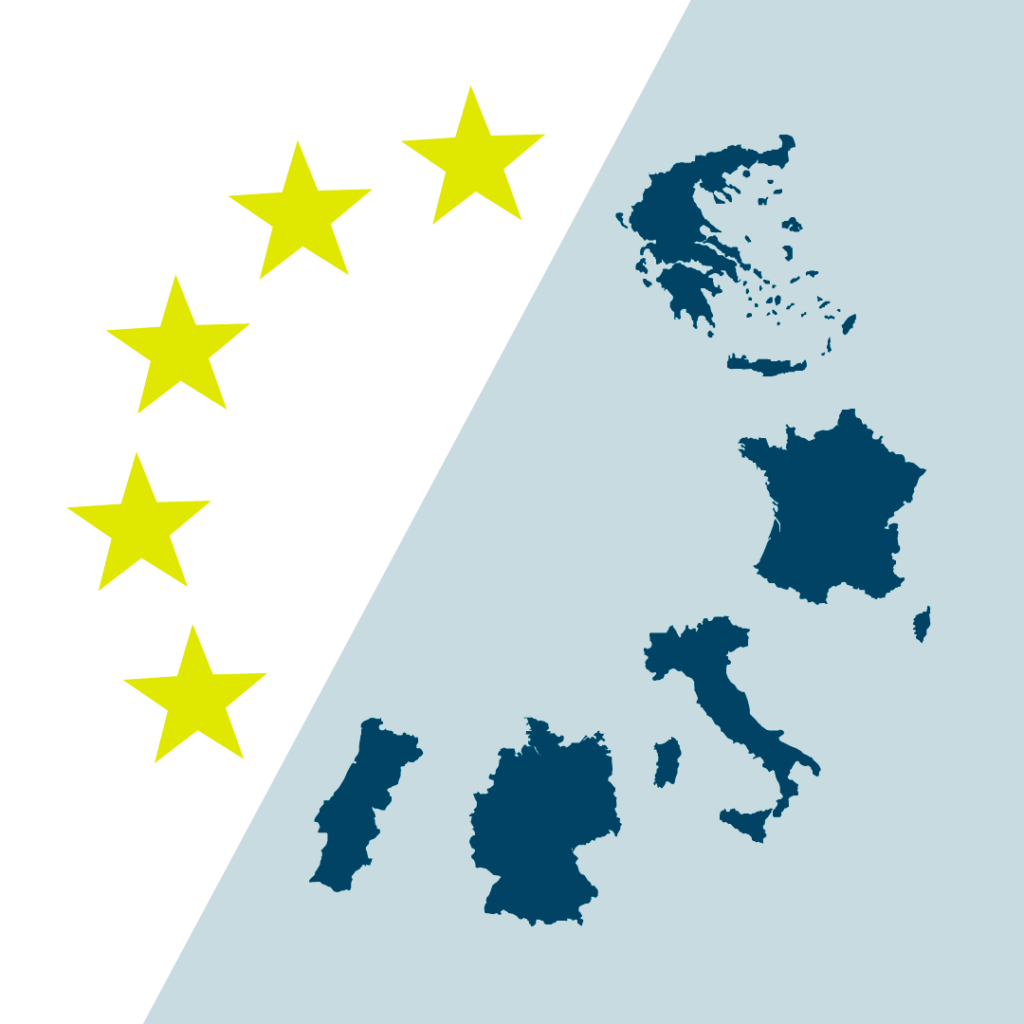
The EU plastic levy
Since 2021, the European Union has implemented a plastic levy, which is paid by the member states. This levy mounts to 0.80 €/kg of non-recycled plastic. The aim of this levy is to motivate member states to take measures to reduce the amount of non-recycled plastic in waste.
National plastic tax
Some countries finance the EU levy through the national budget, others have introduced specific taxes. Some member states have introduced their own plastic tax to finance the EU plastic levy. This national tax is levied directly on certain plastic products and aims to reduce the use of single-use plastic and promote recycling.
The introduction of the plastic tax in Germany
The plastic tax planned for 2024 has been postponed to 1 January 2025.
This plastic tax serves to refinance the plastic levy payable to the EU budget, which was previously financed from the German federal budget This decision follows a provision in the coalition agreement from the end of 2021, according to which the costs are to be borne by the manufacturers and distributors of plastic products in future. The exact details of the basis of calculation and who is liable are still being clarified, but it is expected that the tax will be levied based on the amount of non-recycled plastic waste.
International examples of the implementation of the plastic levy
France
In France, similar to Germany, the plastic tax is currently financed from the federal budget. An additional national plastic tax is not currently being planned.
Spain
Spain has already introduced a plastic tax of 0.45 euros per kilogram of non-recycled plastic. This measure shows the country’s commitment to combating plastic waste and promoting recycling.
Conclusion on the plastic tax
The introduction of the plastic tax aims to reduce the production and use of new plastics, which has significant environmental benefits. The lack of a uniform regulation poses a challenge for manufacturers and dealers when it comes to complying with environmental regulations when exporting to other European countries.
FAQs
The plastic levy is a fixed levy at EU level, while the plastic tax is a national tax levied on certain plastic products.
Until now, the plastic levy has been financed from the federal budget; From 1 January 2025, it is to be refinanced by the plastic tax introduced for the federal budget.
Some countries such as Spain have already introduced a plastic tax, others, such as France, continue to finance the EU plastic levy from the national budget.
The main objectives of the plastic tax are to reduce the use of single- use plastics and to promote recycling.
The tax is inteded to encourage companies to use lesss plastic and develop more sustainable alternatives, which can ultimately motivate consumers to use plastic more consciously.
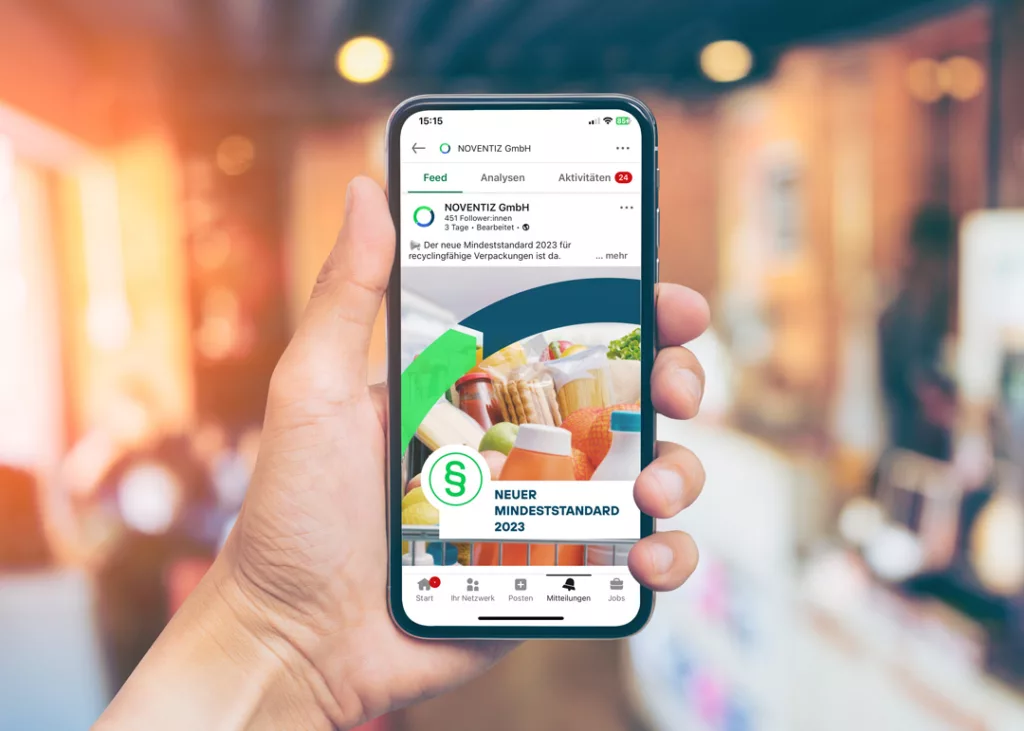
For more updates regarding the topic of plastic tax, follow us on our Linkedin channel!

We’re experts in packaging licensing, all types of take-back solutions and the assessment of recyclability in accordance with Section 21 of the German Packaging Act (VerpackG).
Stay up to date with Noventiz
At Noventiz, we support companies throughout Germany and Europe in all matters relating to environmental compliance. Do you have any questions about our EPR services?
